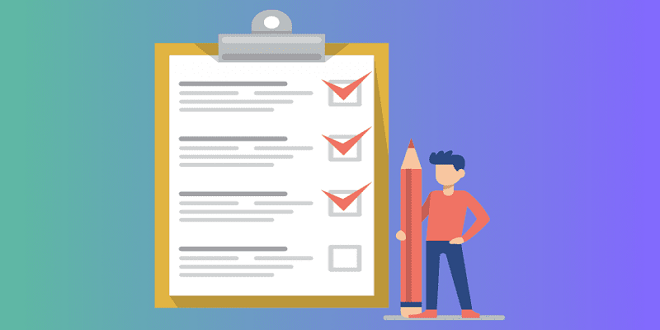Analysis and brainstorming two different things

What all of this amounts to is the importance of staking your claim as early as possible, indeed as soon as you get the question. This involves two things first, as we’ve seen, thinking through your analysis of the concepts and implications of the question, and second, writing down your own ideas on the question. It’s now time to turn to the second of these: brainstorming your own ideas.
This means that you empty your mind on the subject, without the aid of books. As quickly as possible you track the flow of your ideas as you note what you know about the subject and what you think might be relevant to the question.
The importance of brainstorming
If you overlook this distinction and merge the two activities, you’re likely to struggle with two problems. First, if you abandon analysis too soon and embark on brainstorming, your focus will shift away from the implications of the question and the concepts it contains.
Consequently, you’re likely to find that you don’t have the guidelines to direct your brainstorming into profitable areas. You will find a lot less material and much of what you do unearth you will no doubt discover later that you cannot use, because it’s irrelevant.
The authors you read for your research will dictate to you
Without your own ideas to protect you, it will be difficult, at times impossible, for you to resist the pull of their ideas and the persuasiveness of their arguments. As a result you’ll find yourself accepting the case they develop and the judgements they make without evaluating them sufficiently, even copying large sections of the text into your own notes
Empty your mind
Now that you’ve analysed the implications, use this to empty your mind on the question. Most of us are all too eager to convince ourselves that we know nothing about a subject and, therefore, we have no choice but to skip this stage and go straight into the books.
But no matter what the subject, I have never found a group of students, despite all their declarations of ignorance and all their howls of protest, who were not able to put together a useful structure of ideas that would help them to decide as they read what’s relevant to the essay and what’s not
In the next chapter
In the next chapter you will learn how greater flexibility in your approach to note-taking will help you catch more of these ideas and use more of your mind’s potential.





